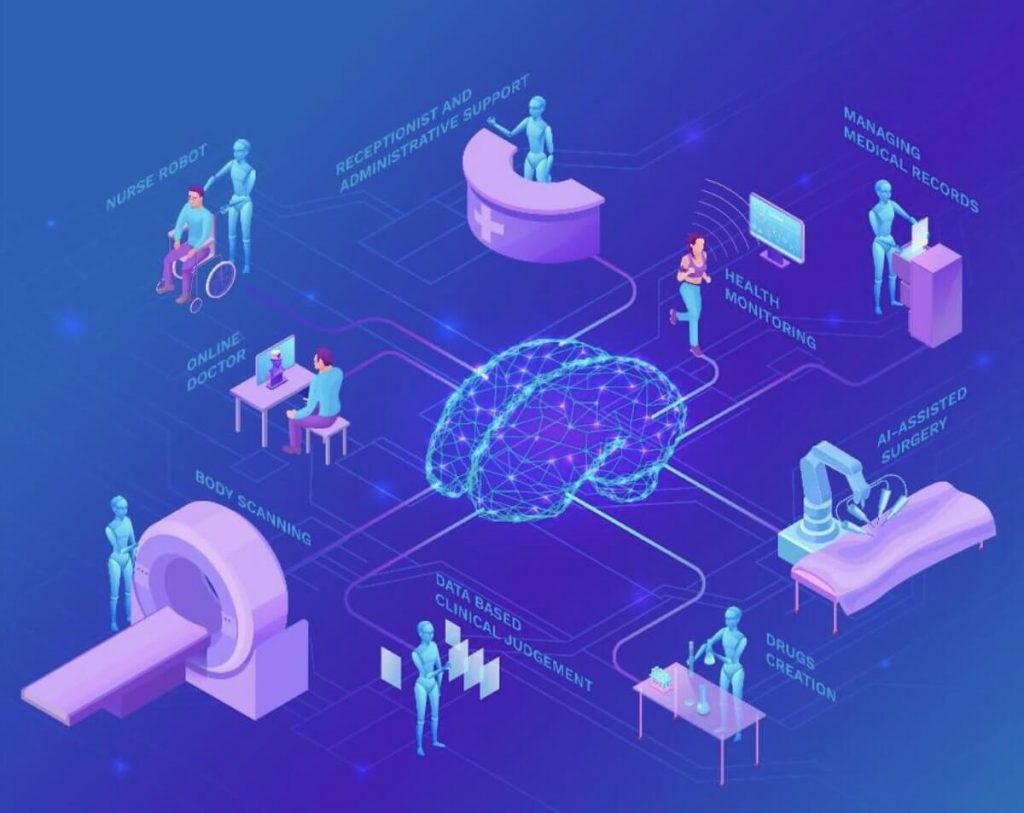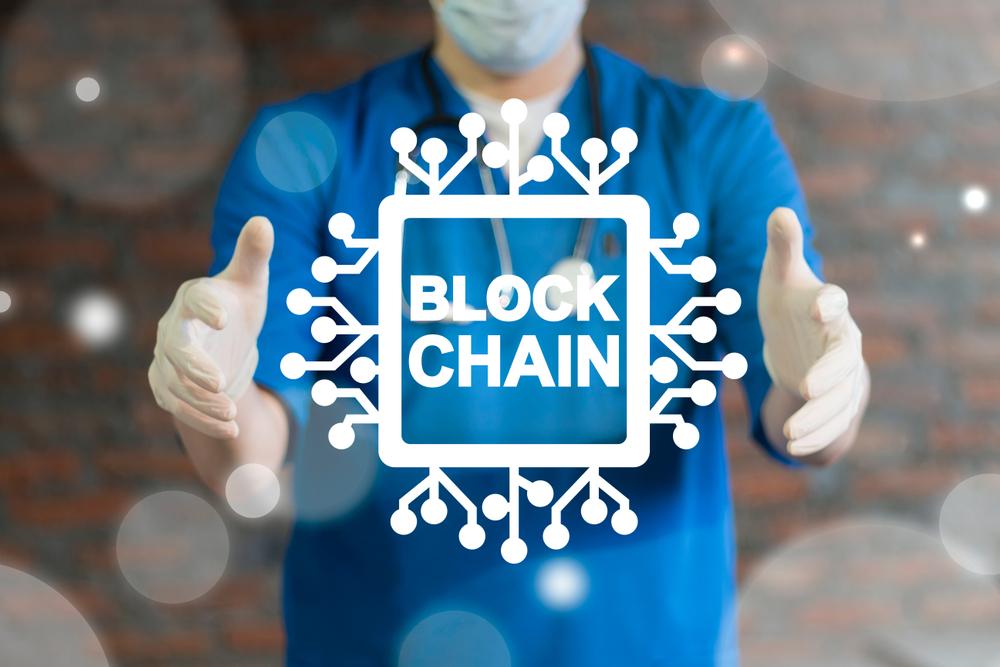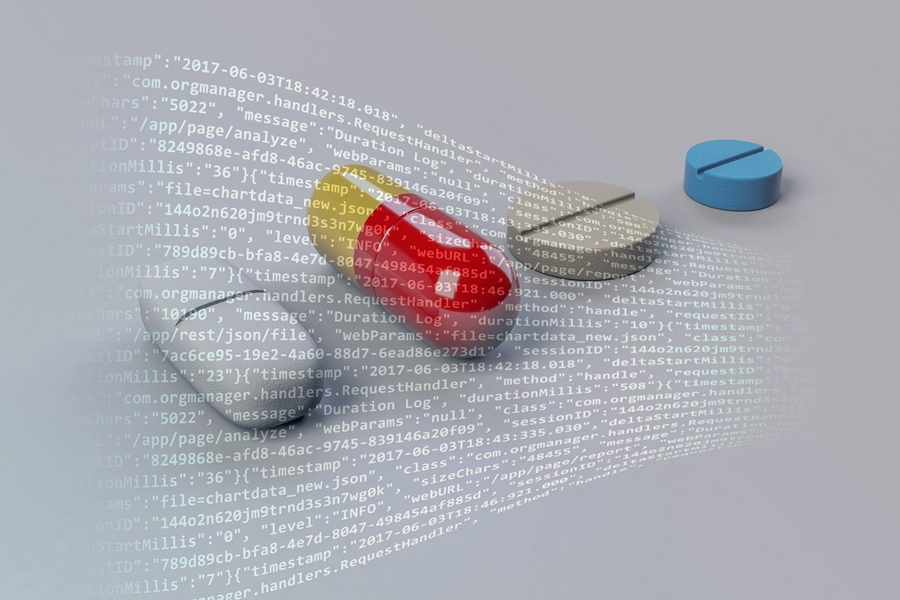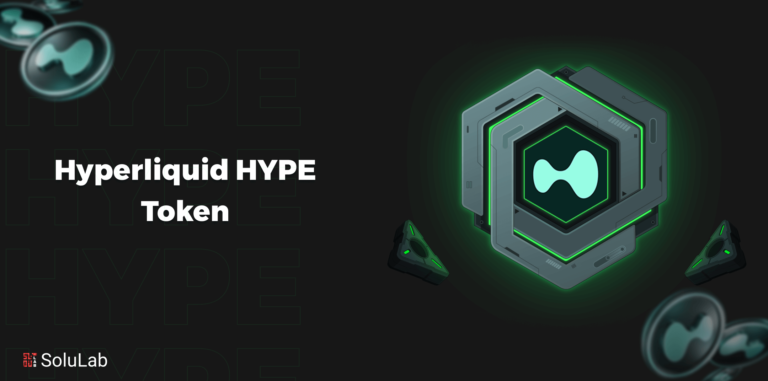By this day, as a doctor you might have attended numerous conferences that state the potential benefits of blockchain in healthcare. Even as a common public person, you might have heard about blockchain and how it is revolutionizing the healthcare industry to some extent. But, have you also heard about cryptocurrencies and how they benefit doctors and medicines when used along with blockchain? Yes and No? Yeah, I thought so too. Keep reading. This article talks about how cryptos and blockchain in healthcare and medicines brings trust in healthcare and pharma.
Blockchain in Healthcare And Medicines
Why is cryptocurrency and blockchain in healthcare and medicines significant?

One of the major needs of using blockchain in healthcare and medicines is data security. Stopping medical crime is the top priority of all medical institutions in the world today. With increasing technology, the number of medical proxies and illegal treatments around the world has increased too. But, why not use the similar advanced technologies to stop those medical crimes? Interesting question is it not?
Read More: How to use blockchain and cryptos to improve dental practice?
Blockchain is decentralized technology platform and it allows doctors to protect their identity. Users and patients can verify doctor and pharmacy viability via proof of authentication for originality. Also, blockchain helps is maintaining a strong supply chain and consumers have the ability to track medicinal orders in real-time and trace back their orders to the point of origin for authenticity.
Blockchain in healthcare and medicines: How doctors can boost crypto?

Following are some of the ways by which doctors can boost their healthcare services using cryptocurrency.
Maintaining track of transactions and medical billing
In the industry of medicine, millions of transactions take place. These transactions include data, information and money. Without a proper storage system, all information stored becomes haywire and would not serve any meaningful purpose when interpreted for analysis. With cryptocurrency, all transactions are recorded in real-time and all involved parties also get accessibility to view them. Thus, this increases the transparency between peers. Users can pay doctors using cryptocurrencies which are instantaneous.
Cryptocurrencies make the process of billing faster and stores them with transparency along with all related financial transactions to support the billing invoice.
Reduces the privacy concern and builds trust
With the help of Distributed Ledger Technology (DLT), when a data is stored in one node, a piece of the data is stored in another node and it keeps going on until all data is stored in pieces throughout the ledger. When a data is accessed, all nodes combine the information together through like a stitching process and allows the user to access them. This is one of the reasons why even when one node fails, data can be accessed from other nodes. Also, information can be stored as a public or private network with respective encryption based on the requirement.
Securing identities
By using cryptocurrencies, patient data and transactions are secured. There is no security threat of information or identity of the patient getting breached.
Read More: How Blockchain Projects Battle for Healthcare Data Protection
Also, doctors can safeguard their identities from fraudulent medical practitioners.
For example, advanced medical system such as Instant Access Medical (iAM) serves to protect the identities of doctors with blockchain as a platform and cryptocurrency as a medium.
Blockchain in healthcare and medicines: How technology can uplift pharmacies?

Following are some of the ways by which medicinal pharmacies and healthcare industry can provide trustable service using blockchain.
Enhance the interoperability between healthcare institutions
One of the major challenges faced traditionally in hospitals is the diversification in information storage. Further, multiple departments handle different information. And, it is spread wide across considering the patient record on a national level. When a new doctor looks at the record of the patient, they need to understand the history of medical records related to their respective patients.
Blockchain acts a single source one-stop for all information related to each patient. All medical data of a patient is stored in the form of a digital log which you may call as e-log. This e-log has a complete record of the patient medical history in an orderly manner. This can be enhanced even further with DLT.
Immutable supply chain management and monitoring
With blockchain, DLT and smart contracts, even medicine transported, ordered and delivered can be monitored in real-time starting from order till its delivery point. Every medicinal product can be traced regarding its journey. Say goodbye to the days of opaque supply chain management.
Certified source of medicine manufacturing
Every medicine product sold and delivered can now be traced back to the minutest detail such as where the ingredients of the medicines originated from. Every pharmacy and medical supplier or manufacturer can be verified of their authentic certification to build trust and confidence among consumers. The viewing of such certifications is possible with blockchain and reduces false paper work and illegitimate pharmacies.
Unifies multiple medicine manufacturers and suppliers
Blockchain eliminates multiple point of entry to stop suspicious drug trade. Traditionally medicinal transportation via third-parties involved multiple hand changes from origin till the products reached its destination. This can be summarized as problems of having numerous middlemen involved within the logistical support. This made it much harder to trace back medicines to it point of origin.
Now, with blockchain and its features such as proof of authenticity and proof of evidence, every medicine supplier and manufacturer can be grouped together based on variables such as location, certification, price, etc. Thus, there is no disarray in the data stored or delivery of the medical products.
Signing off
Cryptocurrency and blockchain maybe complex and advanced but it reduces the complexity of healthcare services
Ultimately at the end of the day, all that matters are, did the patient get cured? Was the healthcare experience satisfiable? Was all transaction stored privately with sufficient security? How easy is it to access patient healthcare data to provide treatment? etc. Blockchain and cryptocurrency answers all these questions through one single word “decentralization”. Doctors can provide better care by allowing patients to use cryptocurrencies. Healthcare industry can secure medicinal originality by allowing pharmacies to use blockchain.
What are the other ways do you think blockchain and cryptocurrency can enhance healthcare services? Let us know your views.




